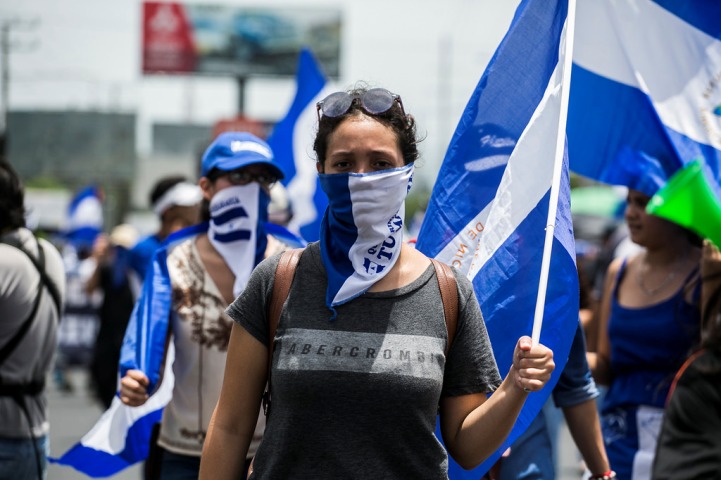The human rights situation in Nicaragua has deteriorated sharply over the past year, with the government actively involved in severe violations and abuses, according to the latest update by the UN Group of Human Rights Experts on Nicaragua to the Human Rights Council. Power is increasingly centralized in the hands of President Daniel Ortega and Vice-President Rosario Murillo, leaving citizens without access to justice and perpetuating a climate of impunity.
The Chair of the Group of Experts, Jan-Michael Simon, stated that Nicaragua lacks even the most basic standard of judicial independence, leaving entire sectors of the population defenseless against ongoing violations. Arbitrary detentions, torture, and the misuse of criminal law to silence any form of opposition continue, with victims forced to choose between imprisonment or exile.
In a recent example, 135 political prisoners were forced to leave the country, underscoring the regime's strategy of expulsion. None of the released prisoners were indigenous political detainees, a point noted by the Group.
Civil rights remain under significant threat. In August, the Nicaraguan government forced the closure of 1,800 non-profit organizations and confiscated their assets, despite earlier improvements in the country's standing with the Financial Action Task Force. Legal protections remain insufficient, despite recommendations from the International Monetary Fund to improve judicial systems.
The government has also taken over universities, targeting student leaders and professors, severely affecting higher education for thousands of students and the country's development prospects. Indigenous peoples and Afro-descendant communities face systematic persecution for defending their rights to self-determination and territory, with the state failing to prevent or investigate abuses, particularly gender-based violence and killings by private actors.
Repression has extended to religious groups, with the government targeting members of the Catholic Church and other Christian denominations. This repression infringes on freedom of religion, conscience, expression, and opinion, violating fundamental rights.
The report also highlights the government's cross-border repression, with Nicaraguans in exile being arbitrarily deprived of their livelihoods, while relatives of government opponents, including children, continue to face victimization simply because of their family ties.











